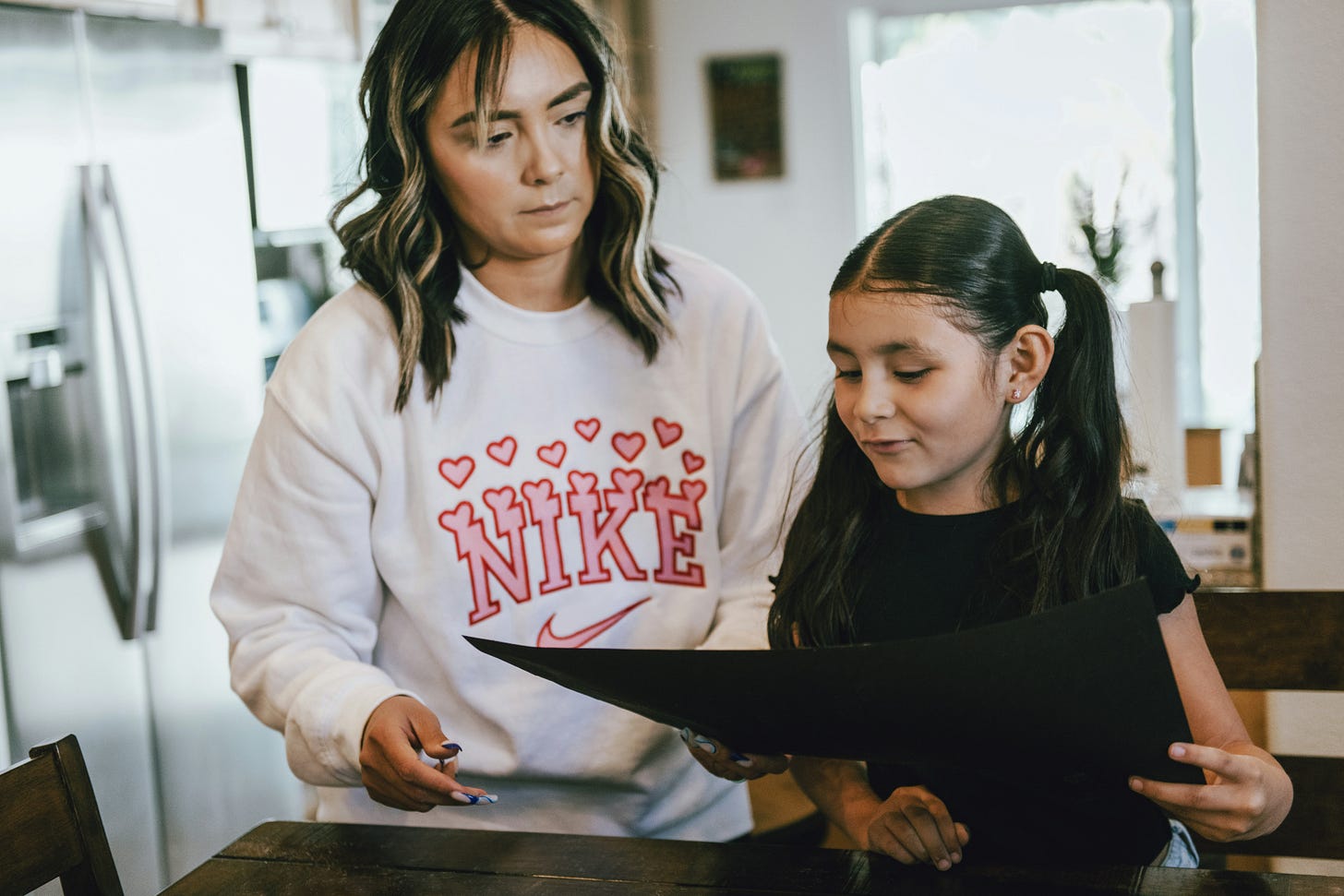Finding the Gold in What Parents Share
Turning parent voices into pathways for wisdom and school growth.
This is the second article in a three-part series on strengthening communication between home and school:
Part 1 – When Parents Speak, We Listen
Part 2 – Finding the Gold in What Parents Share
Part 3 – Building Partnership by How We Answer
In Part 1 of this series, we focused on the posture of listening — not just hearing parents, but truly taking in what they are communicating with humility and openness. In this second part, we turn to what happens next: how we answer. Listening sets the stage, but the way we respond either builds partnership or erodes it.

Why This Matters
When a parent reaches out, it is rarely just about a single event, grade, or situation. Parents are deeply invested in their children’s spiritual and academic growth, which means they are deeply invested in our school. More than that, they are the first key stakeholders in our mission. Before we partner with churches, donors, or even faculty, we are partnering with parents. Their role in discipleship at home makes them the most direct allies we have in raising up the next generation to follow Christ.
This is why parent partnership is not optional or secondary — it is a core relationship that determines whether the mission of Christian education succeeds or fails. If we fail to listen, understand, and process what parents are saying, we not only damage trust but risk losing alignment in our shared calling to raise disciples.
Scripture reminds us of the importance of this posture: “Let the wise listen and add to their learning, and let the discerning get guidance” (Proverbs 1:5, NIV). Listening and answering with wisdom go hand in hand.
Parents Know More Than You Think
It’s tempting to think parents are “on the outside” of school life and only see glimpses. But those glimpses matter. Parents often pick up on tone, patterns, or experiences that those of us immersed in daily operations might miss. Their comments — whether about a hallway interaction, a teacher’s email, or the overall direction of the school — can reveal valuable insights.
Think of parents like customers leaving reviews. Sometimes their “reviews” are about small details: how clean the cafeteria looked, or how long it took for someone to return a message. Other times, they touch on larger issues: how the mission is being communicated, or how discipline is being handled. Both matter. Both help us see how our leadership is being received.
Listening ≠ Agreeing
Listening does not equal agreeing with parents or doing exactly as they wish. Some parents will only be able to see things through the lens of their child and will make demands accordingly. It is exhausting to try to give parents what they want and when they want it — please don’t try to do so. Not only will it wear you out, but people will eventually question the integrity of your leadership.
The goal is to respond in a way that communicates understanding and respect, without sacrificing integrity or the mission of the school.
4 Keys to Parent Listening Wins
Don’t respond to email warriors with more emails. Invite a personal conversation instead. Phone is better than email, but in-person beats all forms of communication. For some parents, and especially those from younger generations, it may feel more natural to process via email or messaging. Avoid that temptation. Gently invite them to a phone call, and ideally, an in-person meeting.
Listen with the goal of understanding what is transpiring, not who is offended or upset. Focus more on the behaviors or events taking place. Don’t take sides, because you are only hearing one side of the story. Thank parents for being willing to share.
Answer with clarity and brevity. Rambling responses can feel defensive. A thoughtful, concise answer communicates confidence and care.
Affirm what is likely true. Even when you disagree, acknowledge where a parent’s perspective has value or is consistent with historical patterns or understandings of the school. This builds trust and helps them feel heard.
Building Partnership
How we answer parents can either widen the gap between school and home or strengthen the bridge of trust. Our responses are opportunities to reinforce mission, and invite parents to co-labor with us in the discipleship of their children.
The way we answer ultimately communicates: We see you. We value your role. We are with you. That kind of partnership transforms school culture into a shared mission field.
Looking ahead to Part 3, keep in mind that listening is only the first half of partnership. How we answer is just as important. In the next part of this series, we’ll look at our responses to parents—and how thoughtful answers can strengthen trust, reinforce mission, and build long-term partnership.

